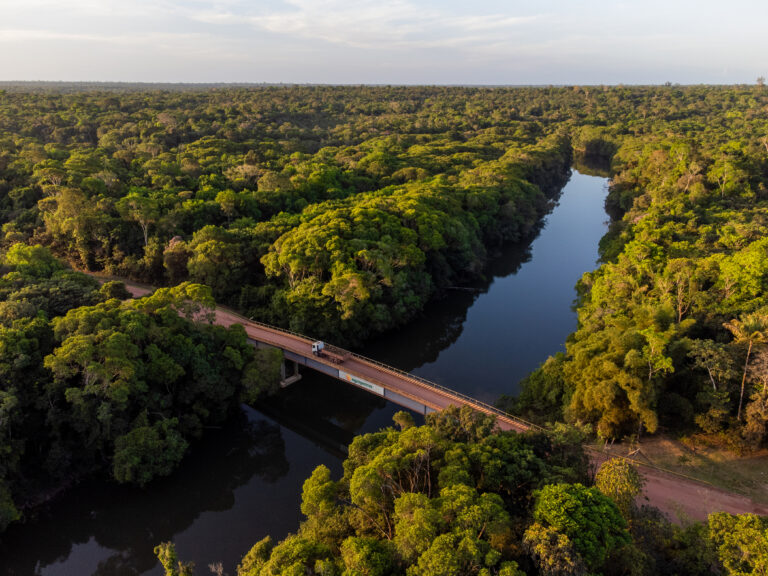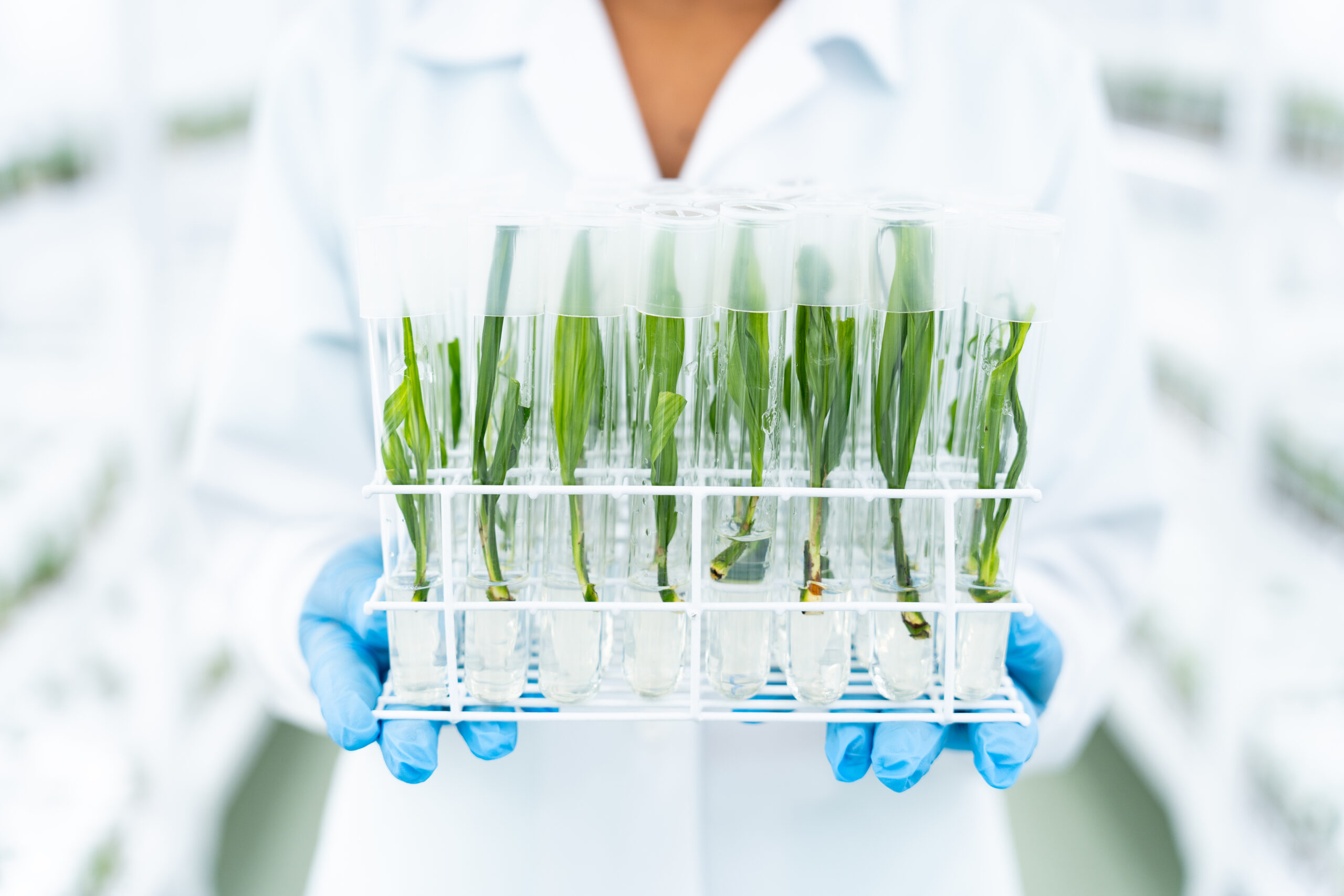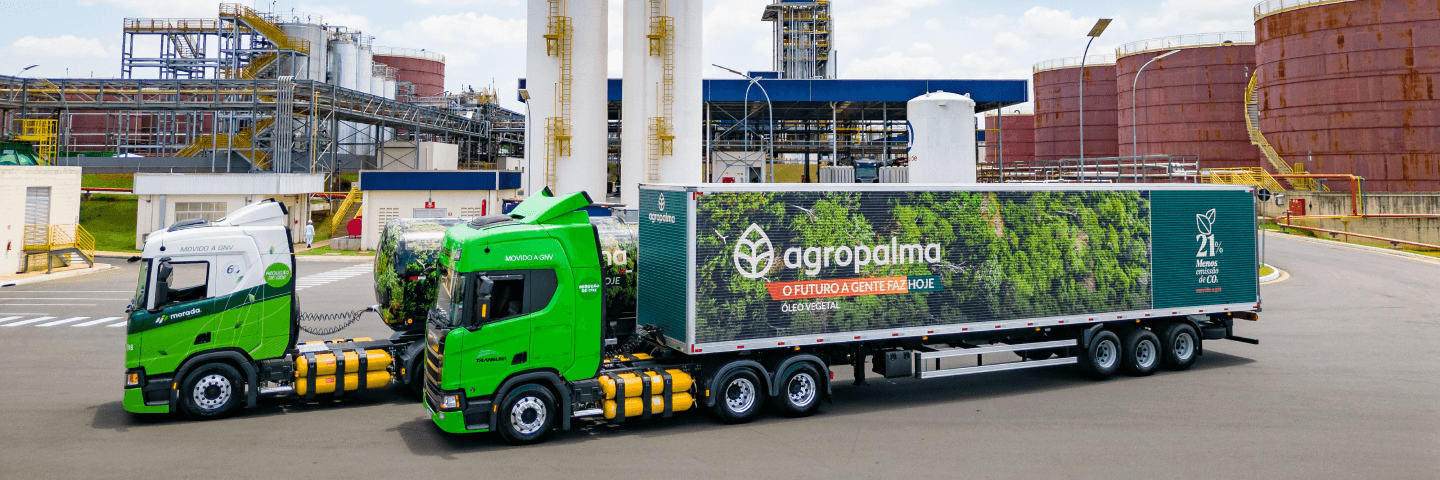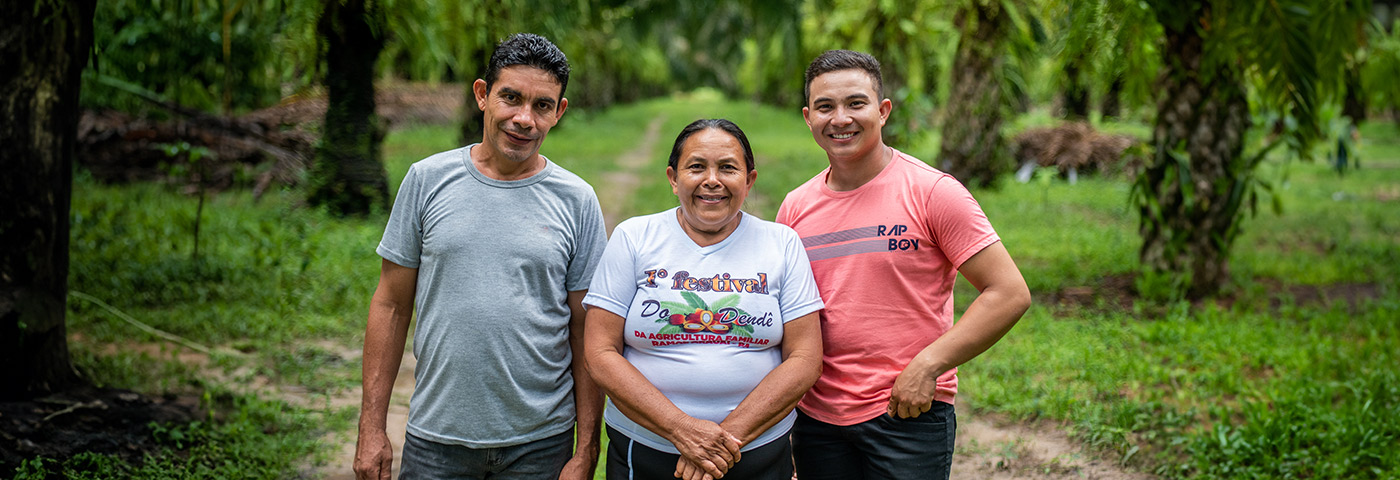Spanning four decades of work, Agropalma is the largest sustainable palm oil producer of the American continent and one of the global examples of stimulation of social-economic development. Operating in the cities of Tailândia and Belém, in the Brazilian state of Pará, and in Limeira, located in inland São Paulo, Agropalma has over five thousand collaborators and is expected to produce around 180 thousand tonnes of palm oil in 2022, a key raw material for various industries, particularly food products and cosmetics.
The company has 64 thousand hectares of forest reserves inside its lands, corresponding to 60% of its total area of 107 thousand hectares. Agropalma chairman Beny Fiterman highlights the company’s relentless search for qualified growth – the goal established in 2020 was to expand production by 50% by 2025, maintaining compliance with all national and international sustainability-related requirements.
“Sustainable development of production is the foundation of our planning, starting with the farms and palm cultivation. We adopted the zero-deforestation policy in 2002 and our entire oil production is certified by RSPO (Roundtable on Sustainable Palm Oil), with 100% traceability at all phases of our chain”, outlines the officer.
Spanning four decades of work, Agropalma is the largest sustainable palm oil producer of the American continent and one of the global examples of stimulation of social-economic development. Operating in the cities of Tailândia and Belém, in the Brazilian state of Pará, and in Limeira, located in inland São Paulo, Agropalma has over five thousand collaborators and is expected to produce around 180 thousand tonnes of palm oil in 2022, a key raw material for various industries, particularly food products and cosmetics.
The company has 64 thousand hectares of forest reserves inside its lands, corresponding to 60% of its total area of 107 thousand hectares. Agropalma chairman Beny Fiterman highlights the company’s relentless search for qualified growth – the goal established in 2020 was to expand production by 50% by 2025, maintaining compliance with all national and international sustainability-related requirements.
“Sustainable development of production is the foundation of our planning, starting with the farms and palm cultivation. We adopted the zero-deforestation policy in 2002 and our entire oil production is certified by RSPO (Roundtable on Sustainable Palm Oil), with 100% traceability at all phases of our chain”, outlines the officer.
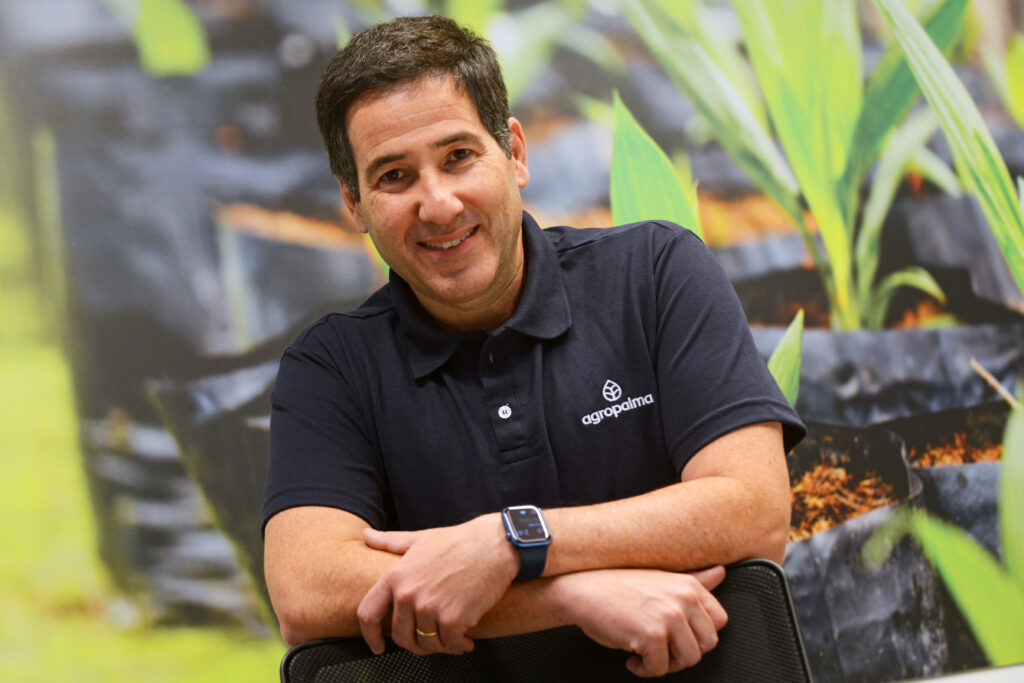
(Beny Fiterman, Agropalma chairman)
The increase in productivity is based on adopting the best cultivation practices and technologies, such as the use of drones for monitoring of planting and RFID labels (radiofrequency identification) in order to optimize the logistics of harvesting and delivery of fruit to Extraction Plants. “We work with continuous improvement of quality processes and increase of extraction rates in the Plants, including operational and energy efficiency”, the executive adds.
Since 2010 the company has been working on a cloning program, selecting the best varieties of palm for production of its own seedlings, which will also increase productivity in the medium to long term. Another head of action is the composting project; developed with the concept of circular bioeconomy, transforming the subproducts of palm oil extraction into high quality organic fertilizer.
In addition to preserving its forest reserves, last year Agropalma, in partnership with Biofílica Ambipar, initiated another strategic environmental project which will enable the selling of carbon credits starting in 2023, considering that the company has negative emissions. This work evidences Agropalma’s continuous commitment to the preservation of biomes and reserves.
Community relationship is also at the core of Agropalma’s sustainability policy. The company pioneers the family palm farming program, through which partnerships were forged with over 200 families. The company provides training, support and ensures the purchase of the entire production of these farmers, all certified by Roundtable on Sustainable Palm Oil (RSPO).
Source: LIDE – ESG Yearbook
 Back
Back